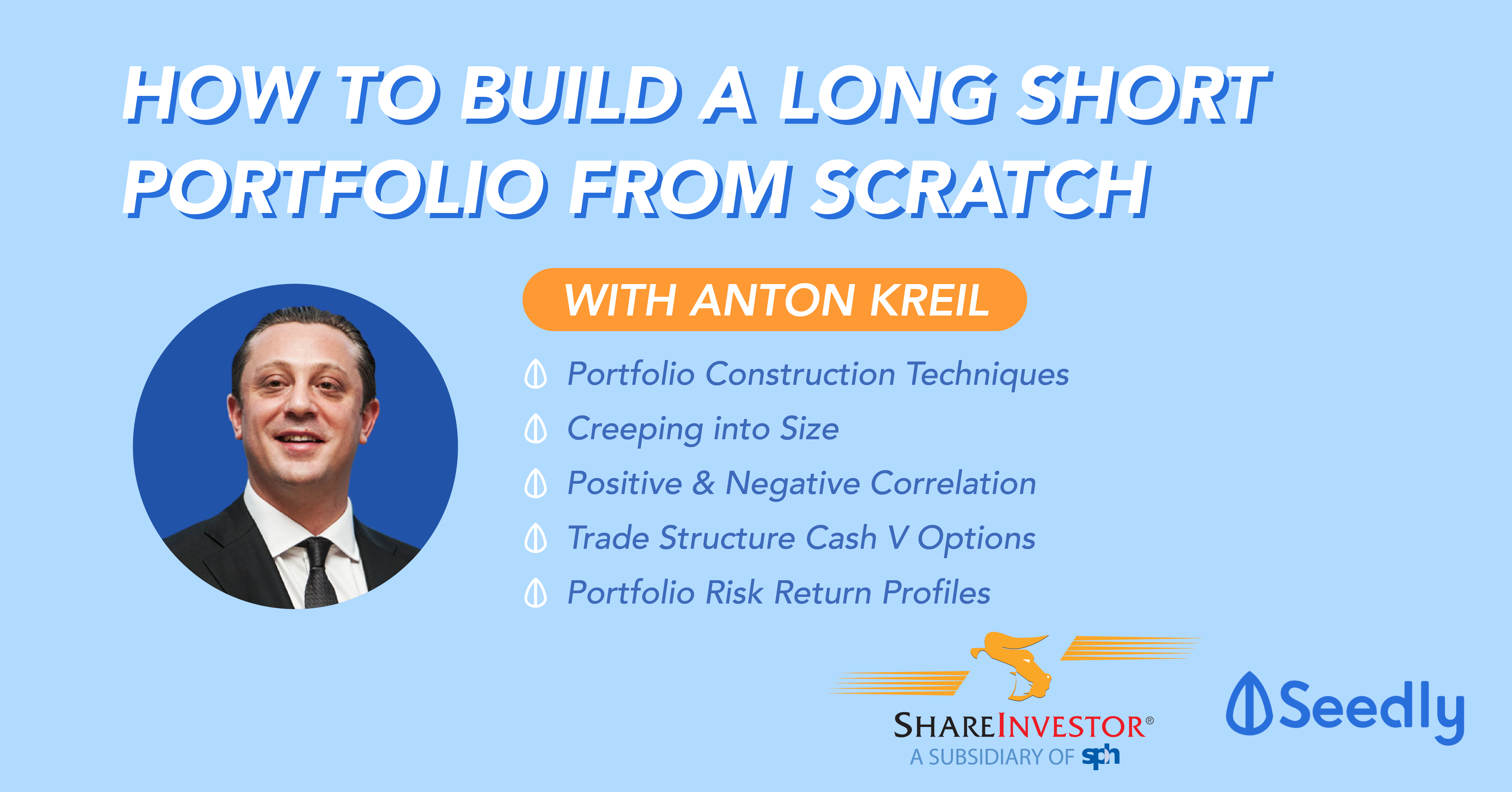Advertisement
Discussion (5)
Learn how to style your text
James Yeo
04 Nov 2020
Editor at SmallCapAsia.com
Reply
Save
Hello
There is a inherent flaw in the question and the line of thinking. Unlike a soccer game, investing is not competitive sport. So win over what or against whom?
ok, I assume you mean a portfolio that will help one achieve his/her goals such as for retirement or son/daughter's education or simply a source for alternate income for any purpose. Yes makes sense.
Dont lose money - If there is permenant lose of money it defeats the very purpose. Keeping as cash is a better options
Risk-free portfolio returns - Risk-free returns refer to government bonds. The upcoming Nov tranche of SSB offer a return of 0.91% - https://blog.seedly.sg/guide-investing-singapor... (UPDATE: For real returns this has to be compared with the inflation rate)
Index returns - As recommended by Frankie Rappaport, buy ETF/index fund for the long term. You do you need to seek (i.e pay) for investment advice nor spend too much time. But you should be willing to be patient and not seek for "excitement".
DIY stock investing - this is tough! Stock picking requires dedication of time + continous learning + appetite to stomach violatility + understanding investing psychology. This type of investing is as Charlie Munger says "is not supposed to easy". If you find yourself enjoying business analysis & studying business models, it could a worthy endeavour
Actively managed funds - this is difficult decision to make since most active funds struggle to beat the index. Plus they charge multiple kinds of fees.
The key to any portfolio is compounding. Irrespective of the approach, if one understands & benefits from compounding, it is only time when the portfolio returns handsomely.
Reply
Save
Write your thoughts
Related Articles
Related Posts
Related Posts
Advertisement








I believe a winning portfolio is one that suits your current financial circumstances. So only you can build the portfolio most suitable for yourself. Some simple guideline: 1) identifying your goals and risk appetite 2) look at the various asset classes will help you to achieve your goals